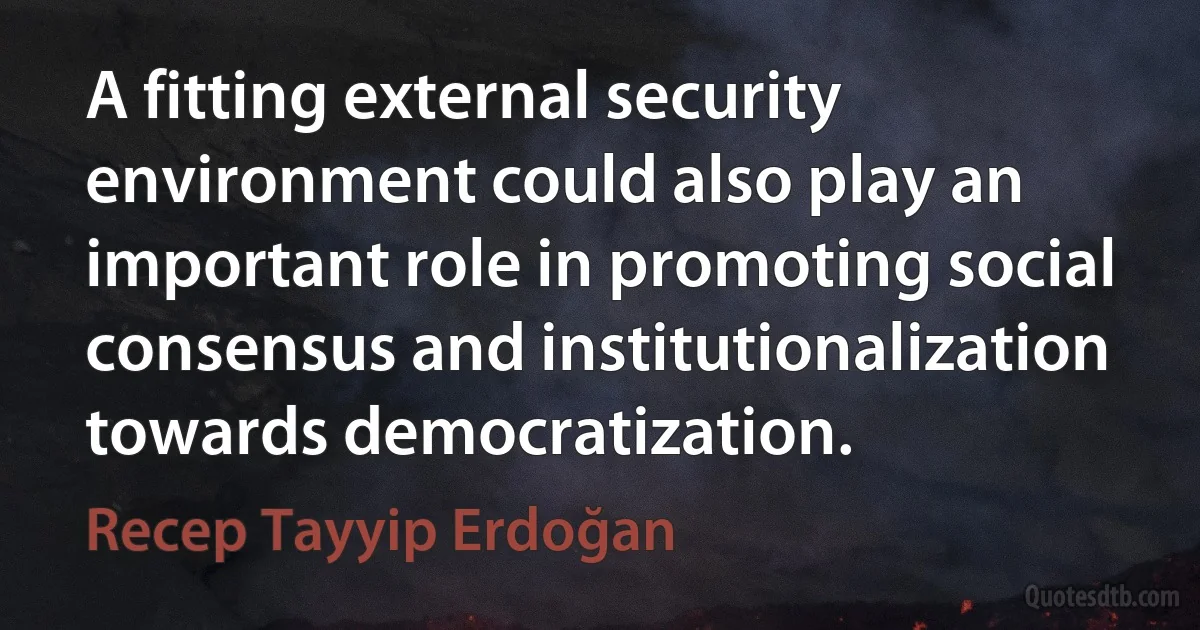Institutionalization Quotes
Following the lead given by new institutional economics, we shall take the transaction as our unit of analysis. For our purposes, a transaction can be thought of as any act of social exchange that depends on information flows for its accomplishment. Transactions can be as simple and brief as the purchase of a packet of cigarettes, or as complex as and extended as those which bind a Zen master to his disciples. Like institutional economists, we are interested in the relationship that can be established between different transactional characteristics and the phenomenon of institutionalization. Our use of the term transaction, however, will extend beyond that of institutional economics where the focus has tended to be primarily on transaction costs and efficiency considerations. These, to be sure, are relevant. But, as we shall see, they are not the whole story.

Max Boisot
Descartes, I think, broke with this when he said, "To accede to truth, it suffices that I be any subject that can see what is evident." Evidence is substituted for ascesis at the point where the relationship to the self intersects the relationship to others and the world. The relationship to the self no longer needs to be ascetic to get into relation to the truth. It suffices that the relationship to the self reveals to me the obvious truth of what I see for me to apprehend the truth definitively. Thus, I can be immoral and know the truth. I believe this is an idea that, more or less explicitly, was rejected by all previous culture. Before Descartes, one could not be impure, immoral, and know the truth. With Descartes, direct evidence is enough. After Descartes, we have a nonascetic subject of knowledge. This change makes possible the institutionalization of modern science.

René Descartes

